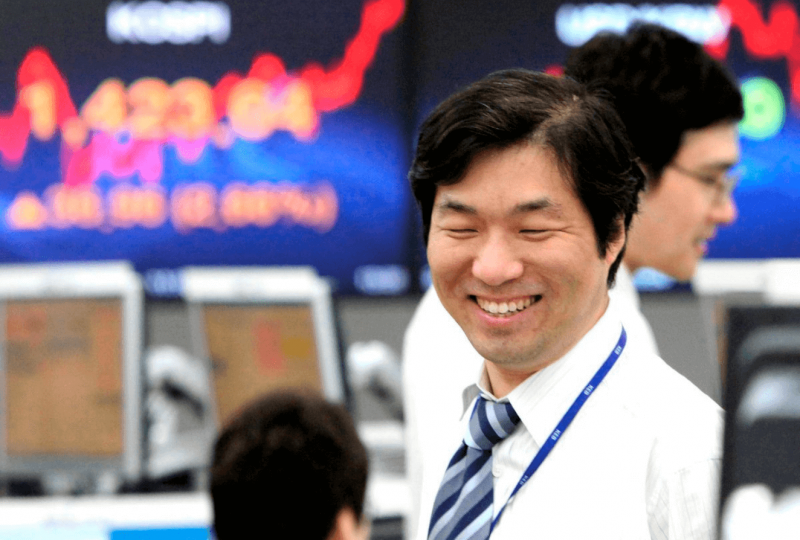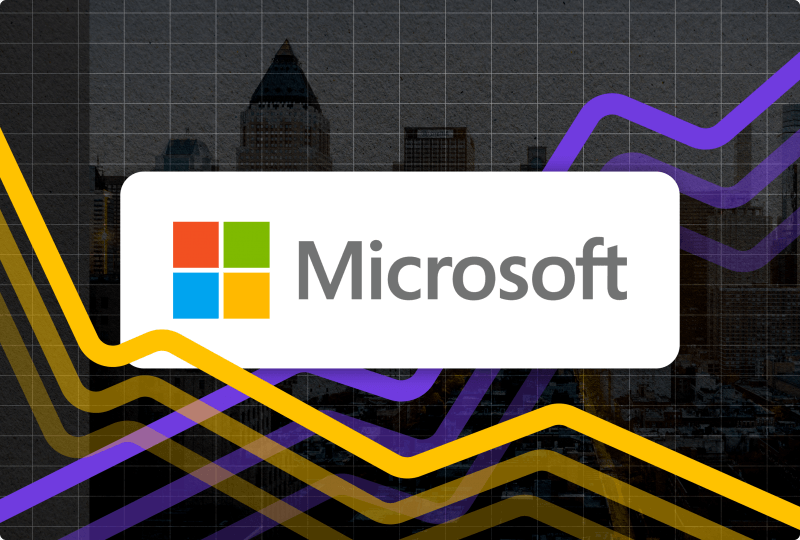Asian Markets Mixed as China Restricts Travel Amid COVID Spike

Following a drop on Wall Street, Asian stock markets were mixed Monday, as China increased travel restrictions in some areas in response to coronavirus infections.
Shanghai, Hong Kong, and Sydney all made gains, while Tokyo lost ground.
After a seven-day winning streak, the S&P 500 index fell 0.1 percent on Friday, led down by losses for IT stocks.
In China, the northwest province of Gansu blocked tourist spots Monday after coronavirus cases were discovered, and Beijing restricted tourists from locations where infections had occurred in the previous 14 days. Although only a few dozen cases have been documented in China, Beijing's response to restricting travel has raised concerns that they may drag on already sluggish economic growth.
In a study, IG's Yeap Jun Rong said, "One may expect vigorous steps to restrict viral outbreaks, which may put a cap on growth."
The Shanghai Composite Index SHCOMP, +0.76% gained 0.4 percent, while Tokyo's Nikkei 225 NIK, -0.71% fell 0.7 percent. In Hong Kong, the Hang Seng HSI (+0.02%) gained 0.1 percent.
Seoul's Kospi 180721, +0.48% rose 0.4 percent, while Sydney's S&P/ASX 200 XJO, +0.34 percent rose 0.5 percent. In Singapore STI, -0.10 percent, Taiwan Y9999, +0.03 percent, and Indonesia JAKIDX, -0.27 percent, stocks fluctuated between modest losses and gains.
After a day of tumultuous trading on Wall Street, the S&P 500 SPX, -0.01% finished at 4,544.90 on Friday, with losses for big tech companies.
The Dow Jones Industrial Average DJIA, -0.05 percent rose 0.2 percent to 35,677.02, surpassing its previous high on Aug. 15. The Nasdaq composite COMP, -0.27% fell 0.8 percent to 15,090.20.
Investors were buoyed by generally positive company earnings, which helped the three major indexes notch their third weekly increase.
Also on Friday, Federal Reserve Chair Jerome Powell stated that industrial supply chain issues have worsened and that inflation would likely remain high well into next year.
Investors are searching for signs of how companies are dealing with supply chain issues and growing material, transportation, and other products and services costs. Many businesses have warned that increasing prices will wreak havoc on their operations.
Powell also stated that the Fed will not raise its key interest rate from near zero. He did, however, hint that the economy could be ready for a rate hike next year.
On the New York Mercantile Exchange, benchmark U.S. crude CLZ21, 1.44 percent climbed 95 cents to $84.71 per barrel in electronic trading. On Friday, the contract increased from $1.26 to $83.76. Brent crude BRNZ21, 0.98 percent, the worldwide oil price benchmark, fell 4 cents to $85.49 a barrel in London. It was up 92 cents to $85.53 in the previous session.
The dollar USD/JPY rose 0.09 percent to 113.75 yen from 113.44 yen on Friday.




